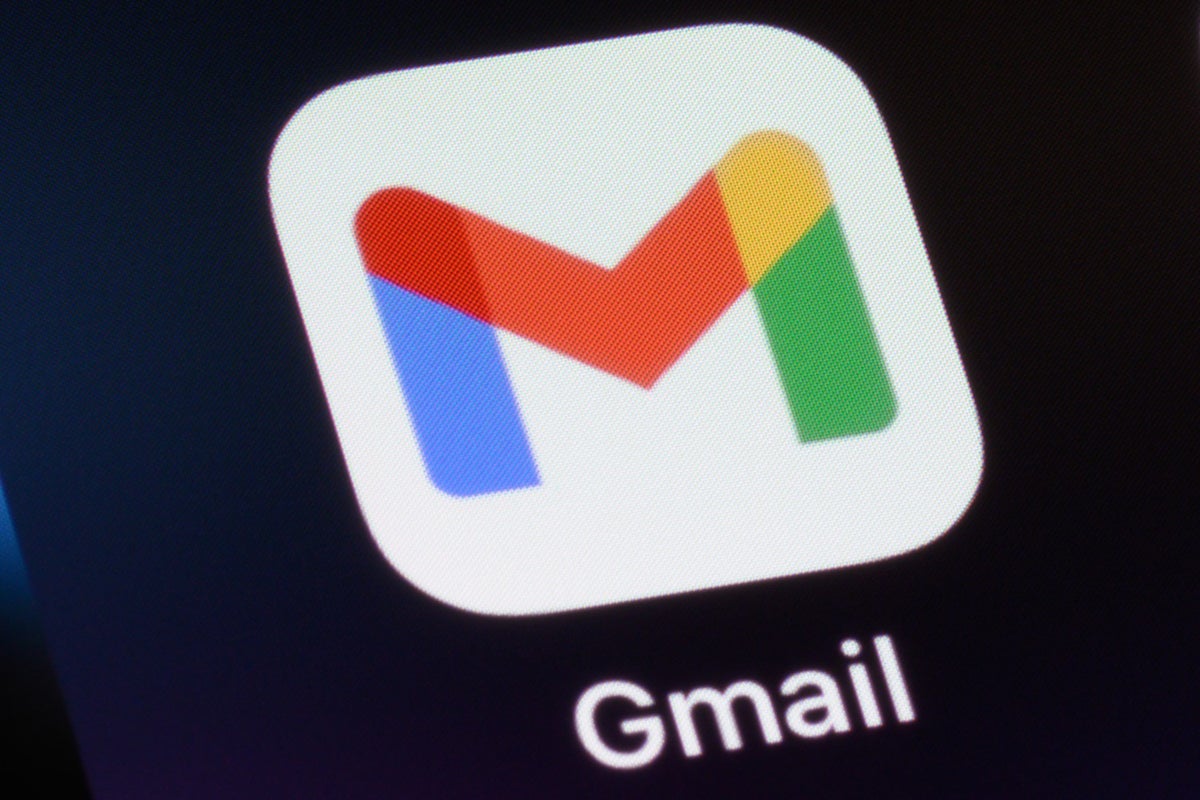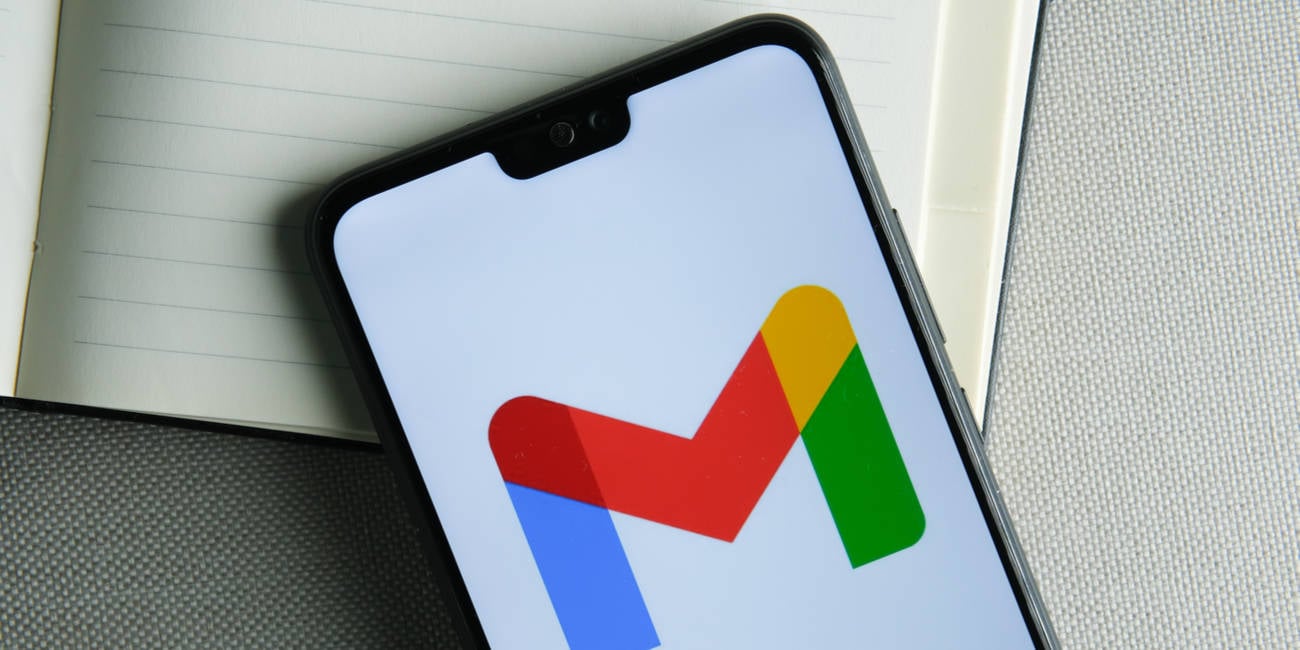I've seen places where people have their act together, the phone works, the money is there, procedure is a habit that has been streamlined - AND the store is actually set up to properly accept phone-based payment, the payment machine is in good working order.Its like the grocery store. I go in for fast trip and some moron is trying to pay with their phone.
They need a moron line for people who want to pay with silly ways.
I've seen places where people have their act together, the phone works, the money is there, procedure is a habit that has been streamlined - AND the store is actually set up to properly accept phone-based payment, the payment machine is in good working order.
I've been held up in grocery stores where a karen in front of me tries to write a check, and it bounces. That customer had no idea that she has no money in the account? WTF??? And I've seen people who had exact change in coins (yep, even pennies) get through the line in a reasonable amount of time.
Payment method doesn't matter, it matters that both store and customer have their act together.
That's your point, not mine and I don't want to frighten anyone. I am just saying how I do it to avoid problems with mail.Don't tell people they need to become propeller heads when they don't need to.
Please don't scare people into building their own infrastructure when more user-friendly options exist.
The heart of the matter is what you wrote isn't relevant to solving the problem. Why talk about? Why tell or even imply people must run their own SMTP server to solve the problem?That's your point, not mine and I don't want to frighten anyone. I am just saying how I do it to avoid problems with mail.
That's my way to do it.
And you don't have to tell me what I have to write or not on this forum. I find you a bit pedantic.
The heart of the matter is what you wrote isn't relevant to solving the problem. Why talk about? Why tell or even imply people must run their own SMTP server to solve the problem?
You should not give your email address to your bank at all. There's no reason to do so.
It seems to me that a simple rule would be never to click on a link in an unsolicited email that purports to come from a bank. Instead log into the bank's own website separately to check whatever it is that they are asking. At least, that is what I intend to do as a result of reading this thread.
Neither my bank nor my health insurance do have my email address. If they ask, i say i don't have one and that's ok.
Of course it's one way to solve the problem. But at the cost of complexity. One could use procmail or slocal. Both of which don't require admin access to any SMTP server. If you're so inclined, that's fine. If you're not, you're not hosed. You can choose the simple approach.It seems that using his method solves the problem. Unfortunately,however,it adds more complexity and this bring more problems. At the end,for one problem solved,more problems will come,so there isn't a good balance.
Maybe facedebouc could remember the KISS phylosophy... (Keep It Simple Stupid).
BTW, I use fail2ban + geoblocking + postfix + spamassassin + procmail.
If you sign up to do business with your bank or insurance online, then yeah, you do give them your email address. It is where you get the confirmation codes for 2FA. Yeah, it's possible to set up 2FA to call or text you as a primary method, and have email as a backup method. Yeah, it's a pain to set up correctly, and a pain to use, but that pain is the price to pay for a sense of some security.Neither my bank nor my health insurance do have my email address. If they ask, i say i don't have one and that's ok.
I don't see how throwaway email addresses can improve security. They do increase privacy, though.Throwaway email addresses take time to maintain (gotta check back from time to time), but they are not a bad security tool if you use it right.



Urgent alert issued to anyone who uses Gmail after 183 million passwords leaked
Breach could also allow hackers to access logins associated with email accountswww.independent.co.uk
No wonder people are getting hacked.
Quote:-
"Gmail users have been warned about a huge attack that appears to have left as many as 183 million email accounts insecure.The data leaked online includes not only the email accounts themselves but the passwords believed to be associated with those logins.The breach could allow hackers entry not only to email accounts but all of the other logins that depend on Gmail.The breach occurred in April of this year but was recently noted by Have I Been Pwned, a website that tracks data breaches so that users can be alerted to them."
So the data leak happened in april, and the "urgent alert" has just been publicised in the press. Riiiight.....
That's a lot. I have less than 10 online accounts.more than 400 websites where I signed in
That's a lot. I have less than 10 online accounts.
